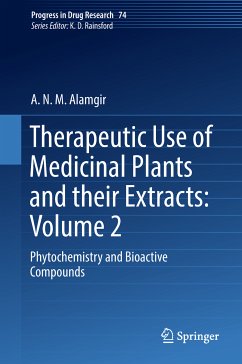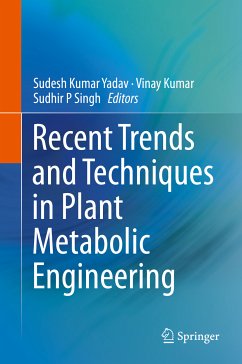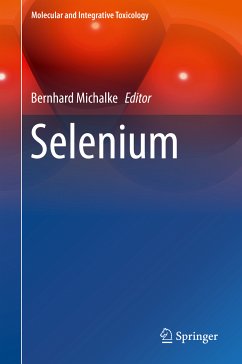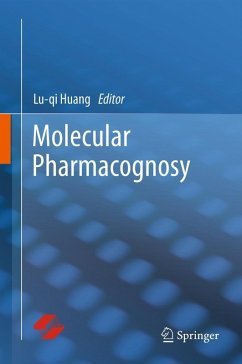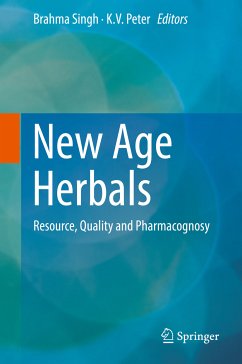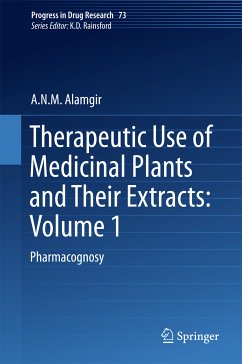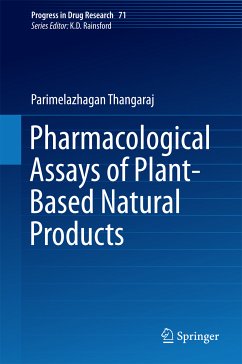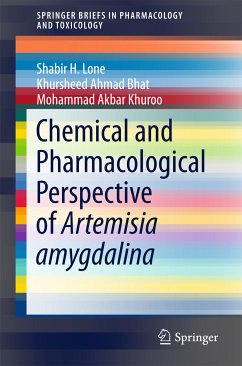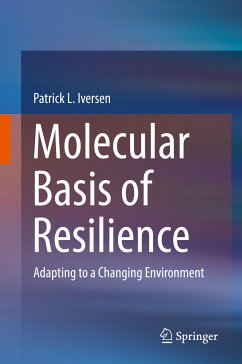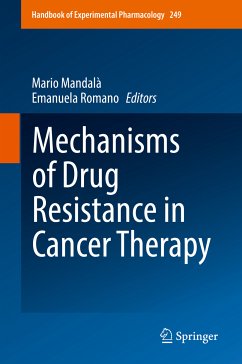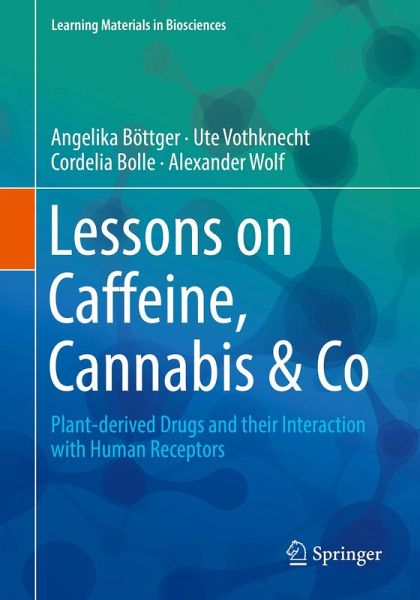
Lessons on Caffeine, Cannabis & Co (eBook, PDF)
Plant-derived Drugs and their Interaction with Human Receptors
Versandkostenfrei!
Sofort per Download lieferbar
56,95 €
inkl. MwSt.
Weitere Ausgaben:

PAYBACK Punkte
28 °P sammeln!
Provides structured overview on biosynthesis pathways
Centered around specific exemplary drugs
Broadens understanding of the molecular action in plants and the effect in humans
Offers insight into the function of anti-cancer drugs
Discusses prospective biotechnological use
Centered around specific exemplary drugs
Broadens understanding of the molecular action in plants and the effect in humans
Offers insight into the function of anti-cancer drugs
Discusses prospective biotechnological use
Dieser Download kann aus rechtlichen Gründen nur mit Rechnungsadresse in A, B, BG, CY, CZ, D, DK, EW, E, FIN, F, GR, HR, H, IRL, I, LT, L, LR, M, NL, PL, P, R, S, SLO, SK ausgeliefert werden.



